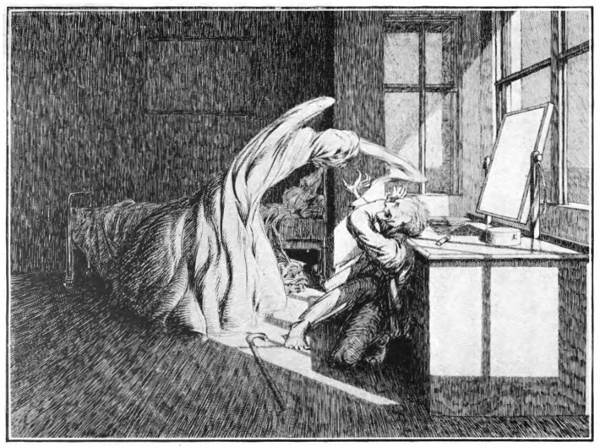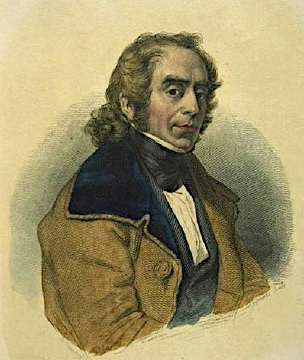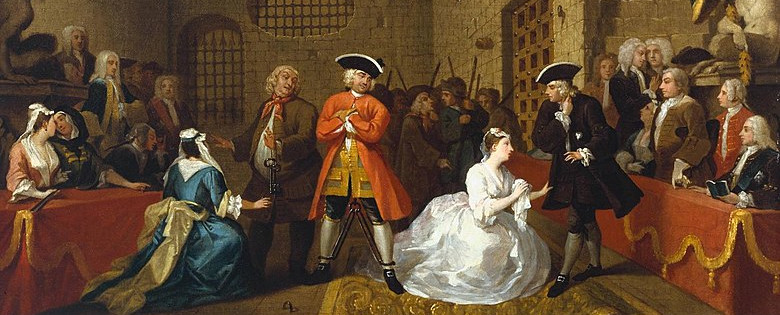In 2000, mathematician Mike Keith rearranged the letters in Shakespeare’s Sonnet 143 to tell a familiar story:
Lo, as a careful huswife runs to catch
One of her feathered creatures broke away,
Sets down her babe and makes all swift dispatch
In pursuit of the thing she would have stay,
Whilst her neglected child holds her in chase,
Cries to catch her whose busy care is bent
To follow that which flies before her face,
Not prizing her poor infant’s discontent:
So run’st thou after that which flies from thee,
Whilst I, thy babe, chase thee afar behind;
But if thou catch thy hope turn back to me,
And play the mother’s part: kiss me, be kind.
So will I pray that thou mayst have thy Will,
If thou turn back and my loud crying still.
The gal named Mary shuffles through the house —
But view her as she strokes her frisky lamb,
Whose brow is whiter than a snowy mouse,
Fleece chalky as French cliffs of epigram
Each place she’d bathe, attain or hie without
(To parish church or at the stuffy crypt),
The lamb’s instinct did follow her about
(So close around that twice she nearly tripped).
Back to her class that zany lamb would fly
And cause a hubbub (then they fetched it in);
It whacked the inkwell, overturn’d the pie,
Though this was chief and total public sin.
“Anoint this lofty one,” the brats then cried,
“For now it’s certain: school is rather fried!”
(Michael Keith, “Another Mary Sonnet,” Word Ways 33:3 [August 2000], 233.)




